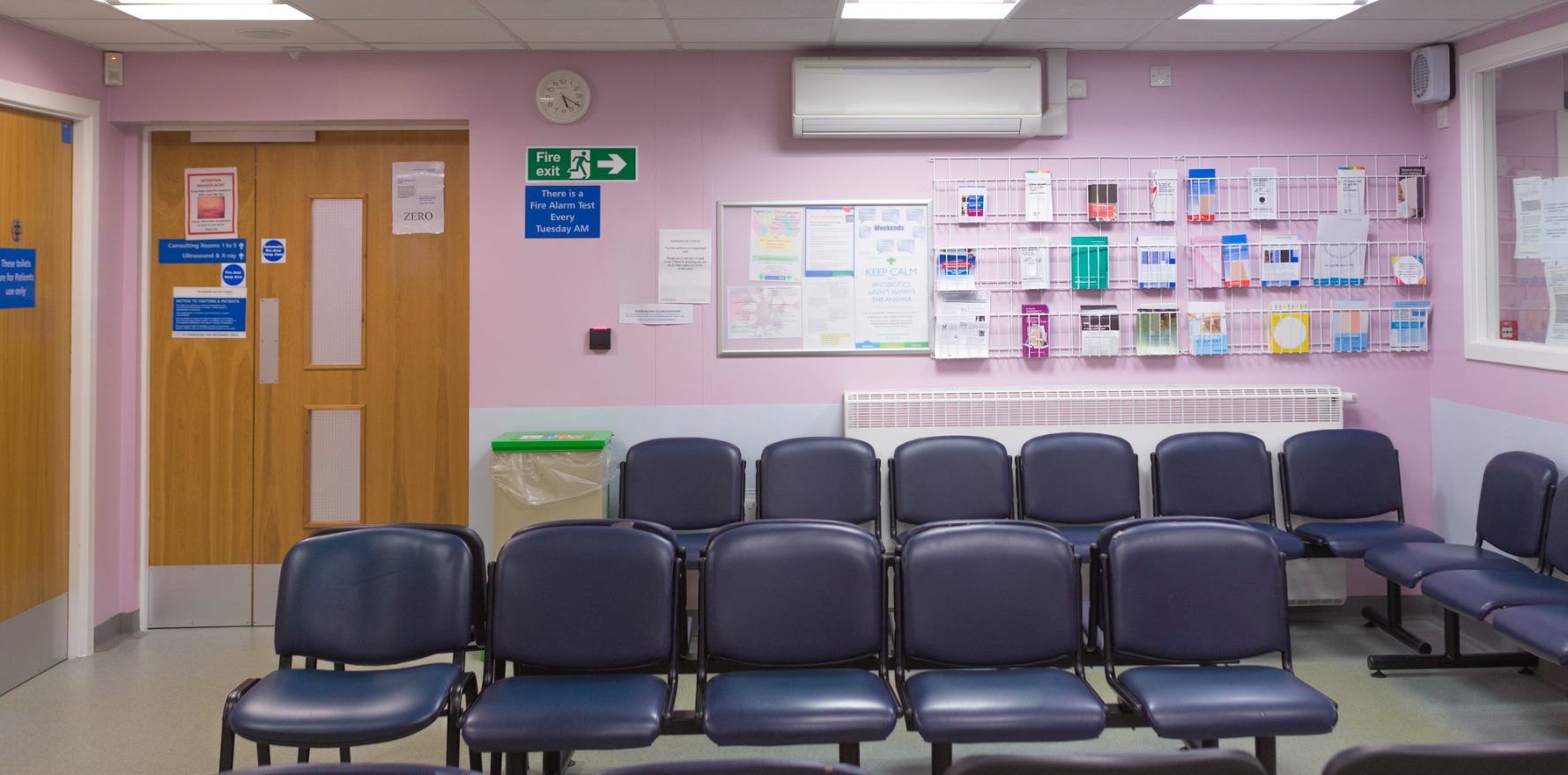As more patients opt to delay GP visits, the government is splurging on an ad campaign.
The proportion of Aussies putting off a GP visit has risen for a second consecutive year, but the Health Minister has a solution: a public information campaign.
Federal Health Minister Mark Butler announced the incoming campaign last week, noting that twice as many Australians – 7%, to be precise – had delayed or deferred seeing a GP because of cost in 2022-23 as in 2021-22.
“More doctors, more bulk billing, and more urgent care clinics are making a real difference in people’s lives,” he said.
“It’s important for more people to know about them, so they don’t put off health care that they really need.”
Today, the ABS released new statistics showing that the proportion of patients citing cost as a reason to delay care has risen again, this time to 8.8%.
Women were particularly price-sensitive; 10.8% said they avoided the GP due to cost, compared to 6.4% of men.
A further 20% of people said they delayed seeing the GP for reasons other than cost, like wait times or service availability.
NSW GP and practice owner Dr Max Mollenkopf drew a link between GP funding – or lack thereof – and the proposed public awareness campaign in a post to LinkedIn.
“Fake it till you make it isn’t a good look for the Australian Government Department of Health and Aged Care — maybe save the ‘education’ for genuine public health messaging, ditch the gaslighting spin and deliver on genuine primary care reform,” the Newcastle GP wrote.
Dr Mollenkopf isn’t the only one calling for investment into primary care to go beyond UCCs and bulk-billing incentives.
“Funding gets results – GPs have been able to bulk bill more children, pensioners, and healthcare card holders since the tripling of bulk billing incentives,” RACGP president Dr Nicole Higgins said.
“But more is needed to ensure everyone in Australia can get the care they need, and with the cost-of-living crisis, too many people are delaying essential care.”
Today’s ABS data, she said, proves that more people are delaying preventative healthcare, putting more strain on public hospital systems.
Related
“We’re calling on the government to do more to make general practice care accessible and affordable for everyone, including by increasing patients’ Medicare rebates for longer consults,” Dr Higgins said.
“There is no substitute for the care you get from a GP who knows you, and your history.”
For the last several years, the RACGP has been campaigning for a 20% increase Level C and D Medicare rebates, as well as a 20% increase for GP mental health items.





